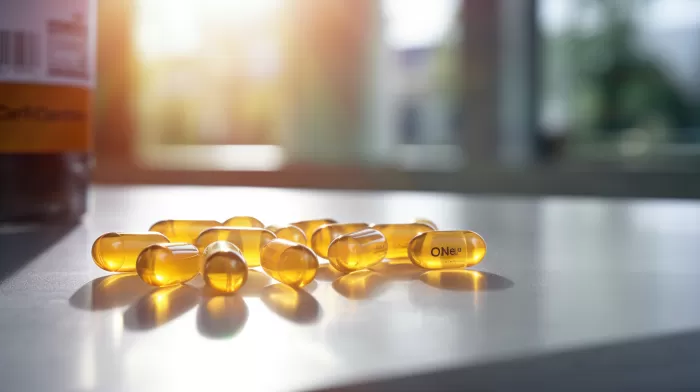There’s a researcher by the name of Siegfried Hekimi at McGill University in Canada who has conducted lab tests and claims that CoQ10, or Coenzyme Q10, doesn’t provide the antioxidant benefits that many people believe it does. Hekimi goes as far as to say that taking CoQ10 supplements is a waste of time and money. But is he right?
While Hekimi might not be entirely off base in his observations, there’s a lot more to CoQ10 than meets the eye. Multiple studies have shown that CoQ10 can produce significant health benefits, even if it doesn’t function quite like an antioxidant.
CoQ10 and Heart Health
For example, a test of CoQ10 on people with heart failure demonstrates that it helps them live longer and improves their heart function. CoQ10 has been shown to increase the pumping power of your heart, which can even reverse congestive heart failure. Researcher Svend Aage Mortensen notes that “supplementation with CoQ10, which is a natural and safe substance, corrects a deficiency in the body and blocks the vicious metabolic cycle in chronic heart failure called the energy-starved heart.”
CoQ10 and Energy Levels
Another test, this time conducted at MIT, studied veterans of the Gulf War who were suffering from Gulf War illness and debilitating fatigue. The researchers found that CoQ10 increased the energy levels of the participants and relieved their headaches, memory problems, muscle pain, and irritability.
Ubiquinol: The More Powerful Form of CoQ10
It’s important to note that Hekimi’s research focused solely on CoQ10 in the form of ubiquinone. While ubiquinone is more abundant in the body, it’s not the most “bioavailable” form of CoQ10. The more potent form is called ubiquinol.
Ubiquinol is a more effective version of CoQ10 in the body. You only need 50 mg of ubiquinol to equal 400 mg of ubiquinone. In fact, it was 100 mg of ubiquinol that provided significant benefits to the Gulf War veterans in the MIT study mentioned previously.
But, just for argument’s sake, let’s say that Hekimi’s research is 100% accurate, and CoQ10 doesn’t function as a traditional antioxidant. Should you stop taking it? Absolutely not.
The Bigger Picture
It’s crucial to remember that antioxidants are just one small part of a much bigger picture when it comes to overall health. Focusing only on antioxidants can blind us to the many other benefits that CoQ10 can provide.
The scientific community’s understanding of CoQ10 and its role in the body is continually evolving. But one thing is for sure: this nutrient has time and time again proven its worth when it comes to improving various aspects of health, such as heart function, energy levels, and more.
So, what’s the takeaway here? Regardless of whether or not CoQ10 acts as an antioxidant, it’s still a worthwhile supplement to consider for its many proven health benefits. And if you’re going to take CoQ10, opt for the more potent ubiquinol form to get the most bang for your buck.
In the end, the healthiest lifestyle involves a balanced diet, regular exercise, and a range of supplements that work in tandem to support your body’s unique needs. Don’t fixate on just one aspect (such as antioxidants); instead, focus on the bigger picture of comprehensive health and wellness. And as always, consult with your healthcare provider before making any changes to your dietary supplementation routine.



